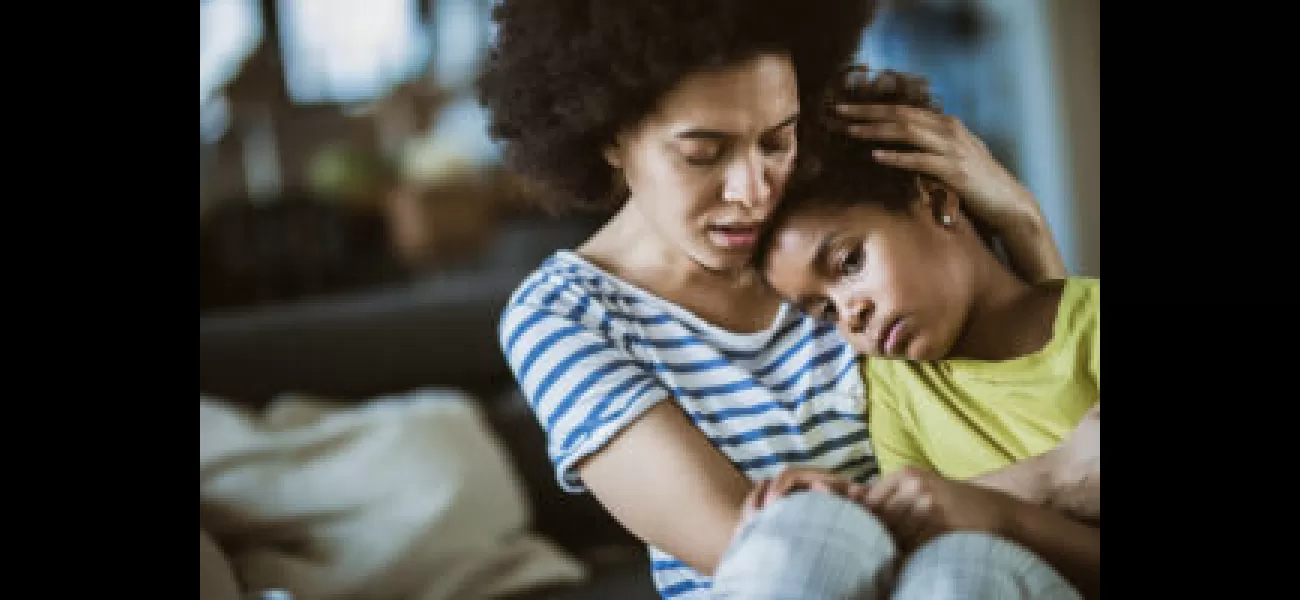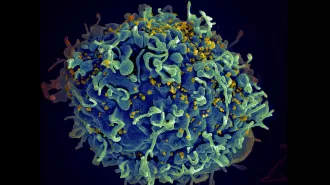Evictions hit children, Black women, and Latinos hardest in the US.
Black women renters with kids are more likely to face eviction than other renters.
October 21st 2023.

A new study from the U.S. Census Bureau and The Eviction Lab has revealed startling insights on the impact of evictions on different demographics in the United States. According to NBC News, children, Black women, and Latinos are the most affected by eviction proceedings, and this is especially true for households with children.
Juan Pablo Garnham, head of Communications and Policy at The Eviction Lab, told NBC News, “What we realized is that children are the population most impacted by evictions. If you have children in your home, the odds of you being a victim of eviction are much higher.” Garnham further explained, “Despite the fact that fewer than 1 in 5 renters in the United States are Black, about half of all evictions are against Black people, and that obviously includes Afro Latinos.”
The study also found that the gap between renters who have children being threatened with eviction and renters who do not have children being threatened with eviction gets worse for Black women. Filing rates for eviction proceedings for Black women without children was at 16%, while filing rates for Black women with children sat at 28%. The study also noted that Black and white disparities tended to get better as income levels rose, although there was some variation in each state.
Furthermore, the report indicated that “poor households are at greatest risk of eviction. As household income increases, the risk of being threatened with eviction falls. However, this pattern is shaped by the disparities in eviction risk. Within every income category, Black renters—particularly those living with kids—are at greater risk of eviction than their white peers.”
Data from The Eviction Lab showed that in the 10 states and 34 cities they have access to real-time data for, landlords have filed more than 86,000 eviction petitions in the past month alone. This number is supplemented by accounts from renters whose testimony The Eviction Lab uses to make suggestions in its study. According to one of their reports, “Our interviews show how eviction moratoria provided critical breathing room for tenants struggling to pay rent during the COVID-19 pandemic. Still, their experiences also show how the impact of these policies on housing security and tenant well-being may have been undermined by lack of trust, gaps in eligibility, administrative burdens, landlord-tenant power dynamics, and the large unmet need for affordable rental housing that remains at the root of the current eviction crisis.”
The study comes at a time when the cost of housing in America is skyrocketing. The average rent in America has ballooned to $2,050, a three percent increase from where it was at last year, according to Zillow. The National Low Income Housing Coalition says that the average worker would have to earn $28.58 an hour to be able to afford a two bedroom apartment, which is well below the federal minimum wage of $7.25 an hour. In addition, Moody’s Analytics, which tracks the national average of rent to income, placed the national figure at 30%, which means that most Americans are spending more than they can realistically afford on rent.
The Eviction Lab's study provides an invaluable insight into the eviction crisis in the United States. Thankfully, Missy Elliott recently donated $50K to her hometown of Portsmouth, Virginia, to help families facing eviction. It is hoped that more people, companies, and organizations will come forward to help out in whichever way they can.
Juan Pablo Garnham, head of Communications and Policy at The Eviction Lab, told NBC News, “What we realized is that children are the population most impacted by evictions. If you have children in your home, the odds of you being a victim of eviction are much higher.” Garnham further explained, “Despite the fact that fewer than 1 in 5 renters in the United States are Black, about half of all evictions are against Black people, and that obviously includes Afro Latinos.”
The study also found that the gap between renters who have children being threatened with eviction and renters who do not have children being threatened with eviction gets worse for Black women. Filing rates for eviction proceedings for Black women without children was at 16%, while filing rates for Black women with children sat at 28%. The study also noted that Black and white disparities tended to get better as income levels rose, although there was some variation in each state.
Furthermore, the report indicated that “poor households are at greatest risk of eviction. As household income increases, the risk of being threatened with eviction falls. However, this pattern is shaped by the disparities in eviction risk. Within every income category, Black renters—particularly those living with kids—are at greater risk of eviction than their white peers.”
Data from The Eviction Lab showed that in the 10 states and 34 cities they have access to real-time data for, landlords have filed more than 86,000 eviction petitions in the past month alone. This number is supplemented by accounts from renters whose testimony The Eviction Lab uses to make suggestions in its study. According to one of their reports, “Our interviews show how eviction moratoria provided critical breathing room for tenants struggling to pay rent during the COVID-19 pandemic. Still, their experiences also show how the impact of these policies on housing security and tenant well-being may have been undermined by lack of trust, gaps in eligibility, administrative burdens, landlord-tenant power dynamics, and the large unmet need for affordable rental housing that remains at the root of the current eviction crisis.”
The study comes at a time when the cost of housing in America is skyrocketing. The average rent in America has ballooned to $2,050, a three percent increase from where it was at last year, according to Zillow. The National Low Income Housing Coalition says that the average worker would have to earn $28.58 an hour to be able to afford a two bedroom apartment, which is well below the federal minimum wage of $7.25 an hour. In addition, Moody’s Analytics, which tracks the national average of rent to income, placed the national figure at 30%, which means that most Americans are spending more than they can realistically afford on rent.
The Eviction Lab's study provides an invaluable insight into the eviction crisis in the United States. Thankfully, Missy Elliott recently donated $50K to her hometown of Portsmouth, Virginia, to help families facing eviction. It is hoped that more people, companies, and organizations will come forward to help out in whichever way they can.
[This article has been trending online recently and has been generated with AI. Your feed is customized.]
[Generative AI is experimental.]
0
0
Submit Comment





